#to kill a mockingbird (1962)
Text

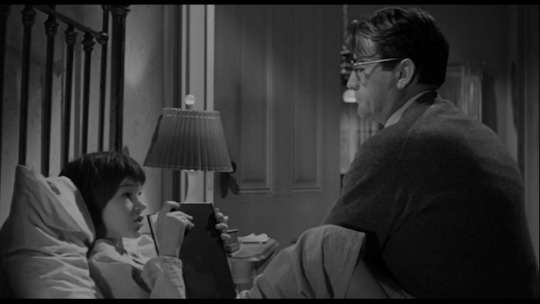
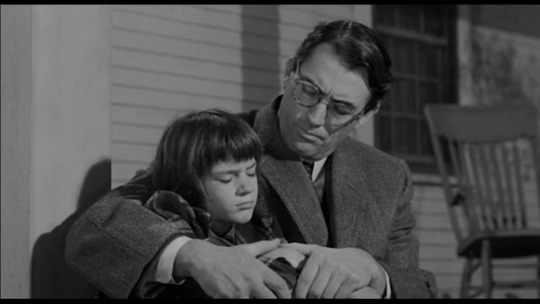
Mary Badham and Gregory Peck as Scout and Atticus Finch from "To Kill a Mockingbird" movie.
I bought the novel version last year. Lately, I have watched this and it was pretty good.
#to kill a mockingbird#to kill a mockingbird 1962#harper lee#gregory peck#mary badham#this movie is pretty good
6 notes
·
View notes
Photo

647 notes
·
View notes
Text
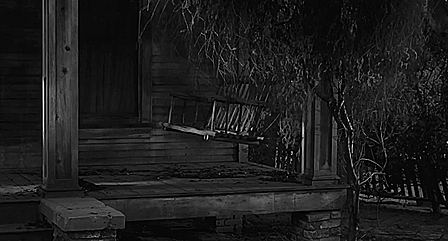


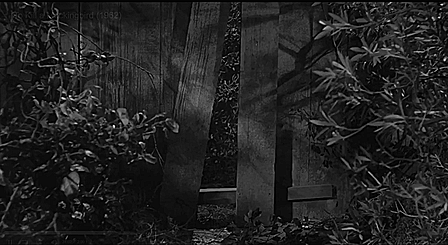


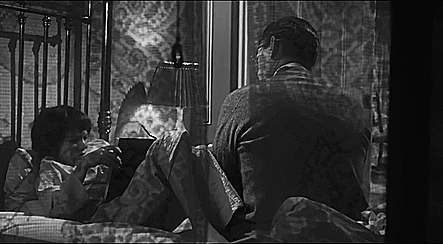
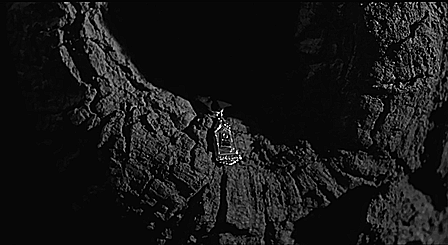
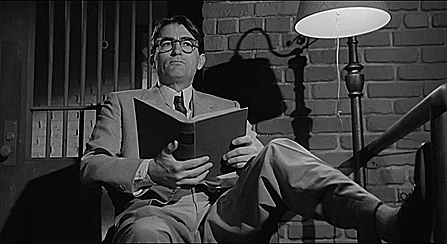

favourite movies wached in 2023
1. To Kill a Mockingbird (1962) dir. Robert Mulligan
You never really understand a person until you consider things from his point of view... Until you climb inside of his skin and walk around in it.
#gregory peck#1962#1960s#60#drama#courtroom drama#robert mulligan#to kill a mockingbird#truman capote#harper lee#oldhollywoodedit#classic hollywood#favourite2023
37 notes
·
View notes
Text

Gregory Peck celebrating his birthday with wife Veronique and cast and crew of To Kill a Mockingbird (1962)
#gregory peck#that’s robert mulligan i think is his name?? but my brain is too tired to try and fit that in this sentence lol#veronique peck#bts#to kill a mockingbird#1962#1961#my post#old hollywood#oldhollywoodedit#atticus finch#classic film#classic hollywood
104 notes
·
View notes
Text
Best Gregory Peck movies and performances:
1. To Kill a Mockingbird - Robert Mulligan (1962)
2. Roman Holiday - William Wyler (1953)
3. The Big Country - William Wyler (1958)
4. Twelve O'Clock High - Henry King (1949)
5. Cape Fear - J. Lee Thompson (1962)
6. Spellbound - Alfred Hitchcock (1945)
7. The Guns of Navarone - J. Lee Thompson (1961)
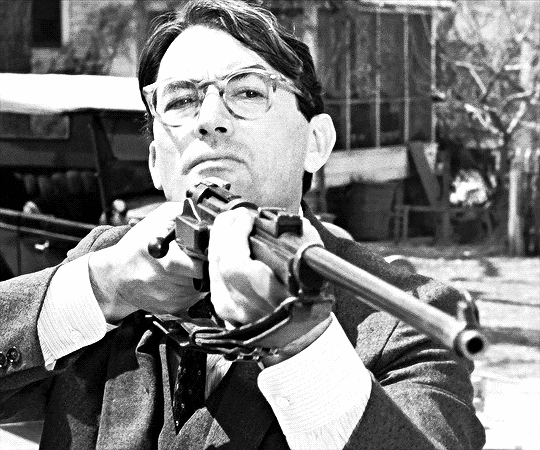
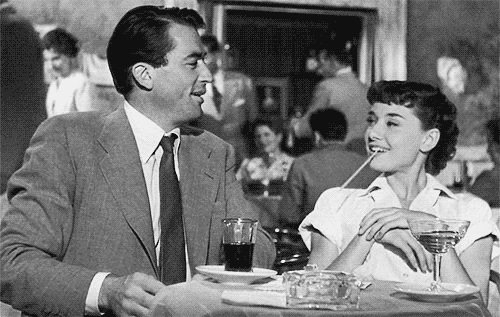
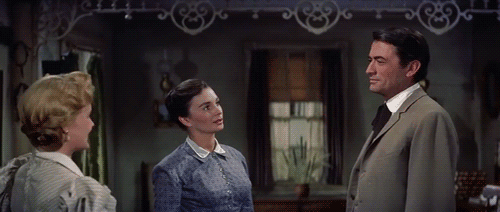
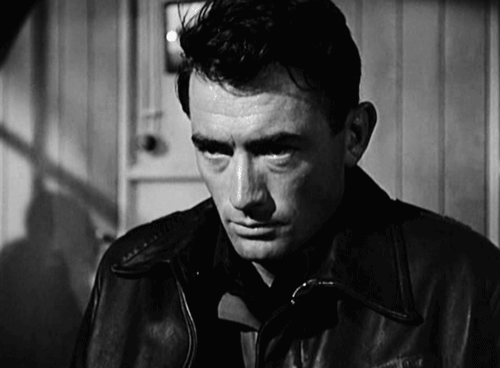

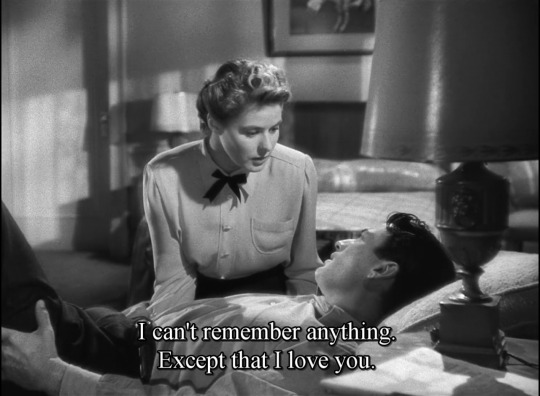
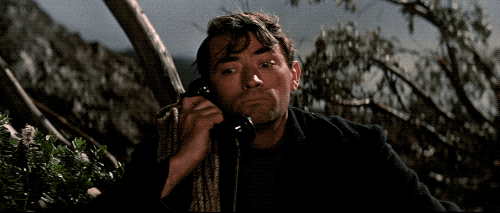
#gregory peck#to kill a mockingbird#roman holiday#The Big Country#Twelve O'Clock High#cape fear#spellbound#the guns of navarone#robert mulligan#william wyler#Henry King#j. lee thompson#alfred hitchcock#1962#1953#1958#1949#1945#1961#1960s#1950s#1940s#60s#50s#40s#1960s movies#1950s movies#1940s movies#60s movies#50s movies
22 notes
·
View notes
Text

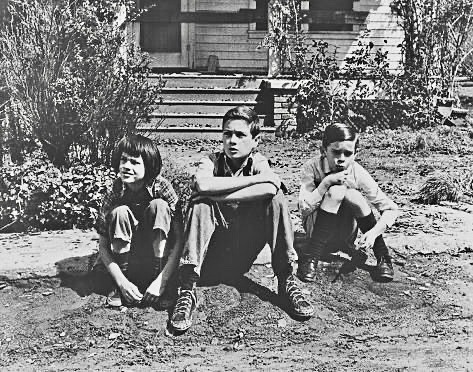

31 notes
·
View notes
Text
crowd vs. critic single take // LAWRENCE OF ARABIA (1962)
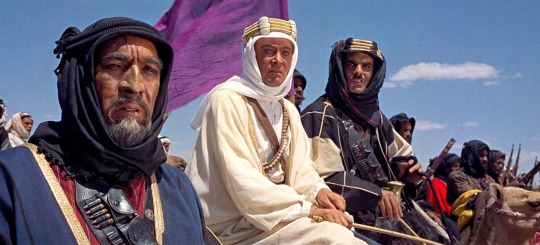
Note: This is a modified version of a review originally written for ZekeFilm. Photo credits: IMDb.com.
It’s World War I, and British lieutenant T.E. Lawrence (Peter O’Toole) is loafing through more of his service in Cairo than fighting. When an assignment introduces him to Arabian Prince Faisal (Sir Alec Guinness), his brain revives from its boredom, and he sheds his European uniform for desert robes. Beginning with a trek across the most brutal part of the desert, he and Sherif Ali (Omar Sharif) lead the Arab revolt against the Ottoman Empire. Soon their fight for independence becomes his own—perhaps too literally.

CROWD // Lawrence of Arabia is as breezy as its desert setting—meaning I needed two sittings to absorb the 3½ hours—but it’s also as beautiful and overwhelming. Nothing says “spectacle” like hundreds of camels racing across Wadi Rum, which is almost as breathtaking in this movie as when I experienced it with my own eyes a decade ago.
Plenty of audience members in 1962 lived or fought through World War I and understood the context of the Arabian fight for independence from the Ottoman Empire—thank goodness that knowledge isn’t necessary. My comprehension of military strategy is, um, shaky at best, but even as I was skimming Wikipedia to keep track of Lawrence’s British campaigns, I could still cling to his identity crisis in this complex epic. When, “Whoooo are youuuu?” rings across the desert, it also rings inside of Lawrence and within the audience. This Best Picture winner doesn’t provide concrete answers about his legacy or whether he found peace—ambiguity reigns over viewer satisfaction. I already feel I need to revisit it, hoping a second watch will require less energy for understanding basic plot points. Just give a few years to catch my breath—this desert is too long and too inscrutable to want to rewatch just yet.
POPCORN POTENTIAL: 6/10
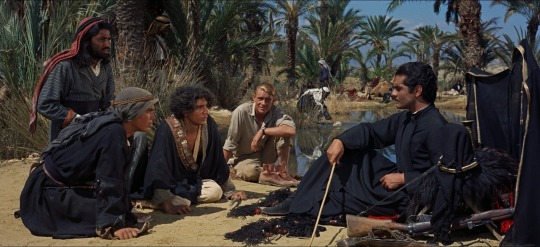
CRITIC // A few things date this Best Picture winner (ahem, I don’t think Guinness is best choice to play an Arabian prince), but what makes this story universal is watching someone struggle with their purpose. Lawrence waffles between commitment to his ideals and the practicality of conformity so many times it’s just as difficult for us to decide where he belongs as it is for him. His compassion exceeds most of his peers, but many times he prioritizes justice over mercy. He comes alive when fighting with Ali but he also gives into his most violent impulses. He saves the British campaign in the Middle East, but he can’t stomach the two-faced politics inseparable from his promotions. And he’s no “white savior”— Lean’s film is just as critical of his god complex as it is dedicated to showing off his accomplishments.
Every detail of the set, costumes, cinematography, and score matches the level of grandeur you’d expect from an epic like this, and O’Toole’s performance plays subtler but just as authentic as as the film’s technical craftsmanship—if he’d lost the Oscar to anyone but Gregory Peck in To Kill a Mockingbird, it would’ve been an upset.
ARTISTIC TASTE: 9/10
#Lawrence of Arabia#Oscars#Best Picture Project#Best Picture#Academy Awards#Peter O'Toole#1962#Critic#Single Take#Alec Guinness#Omar Sharif#To Kill a Mockingbird#9/10#6/10
4 notes
·
View notes
Text
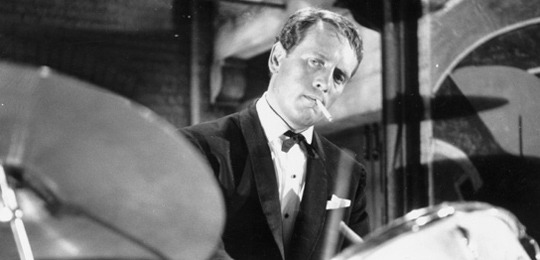


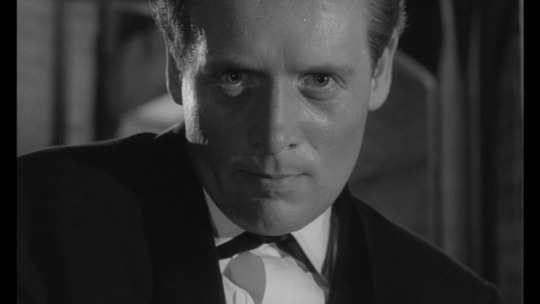

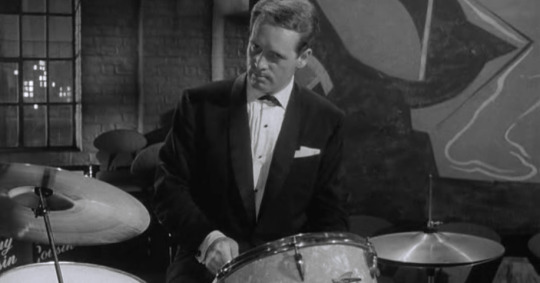
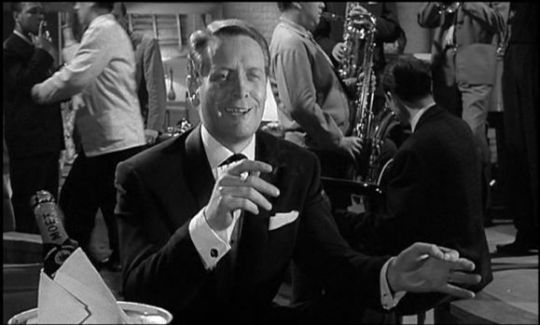
All Night Long Patrick McGoohan
Interestingly he used to drink with Peter O'Toole who was nominated that year for Lawrence of Arabia and lost to Gregory Peck for To Kill a Mockingbird.
#all night long#patrick mcgoohan#peter o'toole#drinking buddy#lawrence of arabia#lost to#gregory peck#to kill a mockingbird#1962#1962 movies#hey i was born in 1962
1 note
·
View note
Text

Movie poster from the National Screen Service (#63/54) for the Universal Pictures film To Kill a Mockingbird. The movie had a private showing on Christmas Day 1962 at the headquarters of the Directors Guild of America on Sunset Boulevard in Los Angeles in order to qualify for the 1962 awards, but had its official premiere in New York on Valentines Day 1963. It went into general release in early March 1963.
#movie poster#National Screen Service#To Kill a Mockingbird#Universal Pictures#1962 movies#1963 movies
1 note
·
View note
Text
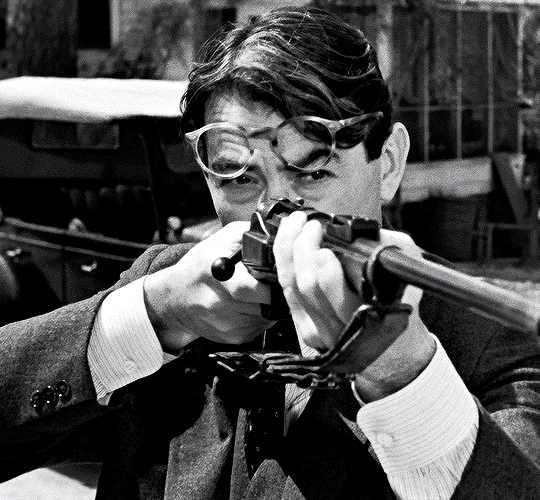




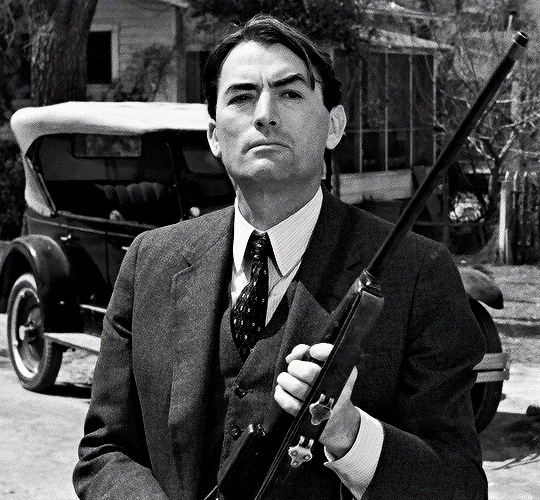
Gregory Peck as Atticus Finch
TO KILL A MOCKINGBIRD (1962)
#gregory peck#to kill a mockingbird#atticus finch#filmedit#uservintage#classicfilmsource#classicfilmblr#cinemapix#moviegifs#userlolo#usercallie#userlosthaven#usermandie#usersavana#userpavlova#tuserlou#*#hannah#gun tw
1K notes
·
View notes
Text

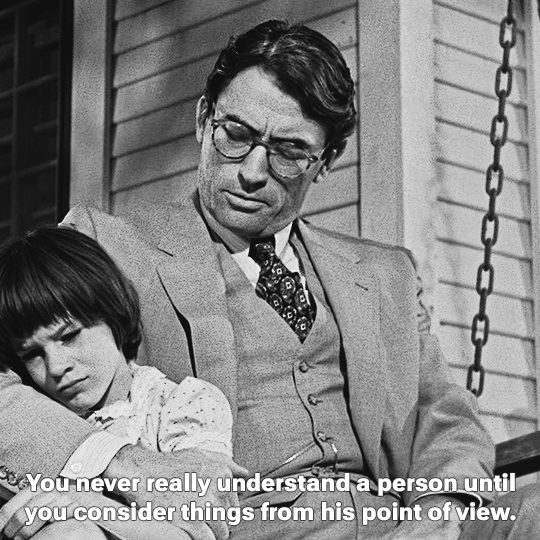
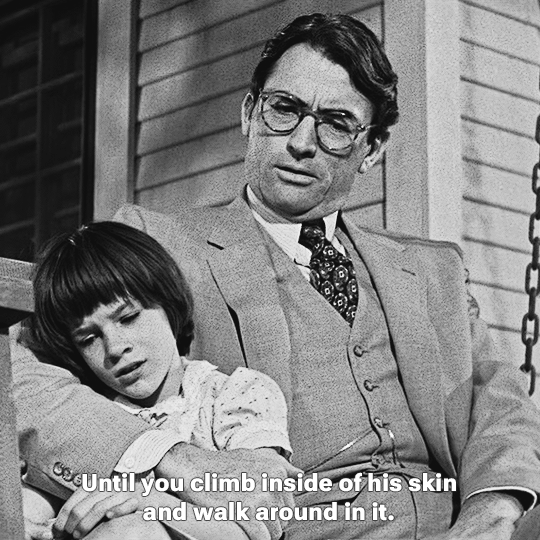
TO KILL A MOCKINGBIRD (1962)
→ dir. robert mulligan ←
#to kill a mockingbird#tokillamockingbirdedit#gregory peck#classicfilmsource#classicfilmblr#filmgifs#moviegifs#fyeahmovies#userfilm#motionpicturesource#adaptationsdaily#cinematv#cinemapix#userbbelcher#userstream#useroptional#dailyflicks#bookstofilms#chewieblog#!gifs
1K notes
·
View notes
Photo

135 notes
·
View notes
Text


GREGORY PECK
TO KILL A MOCKINGBIRD, 1962
#to kill a mockingbird#gregory peck#tkamedit#filmedit#classicfilmsource#classicfilmblr#oldhollywoodedit#filmgifs#fyeahmovies#gregorypeckedit#gpeckedit#adaptationsdaily#dailyflicks#filmtvdaily#tvfilmsource#**bg
175 notes
·
View notes
Text
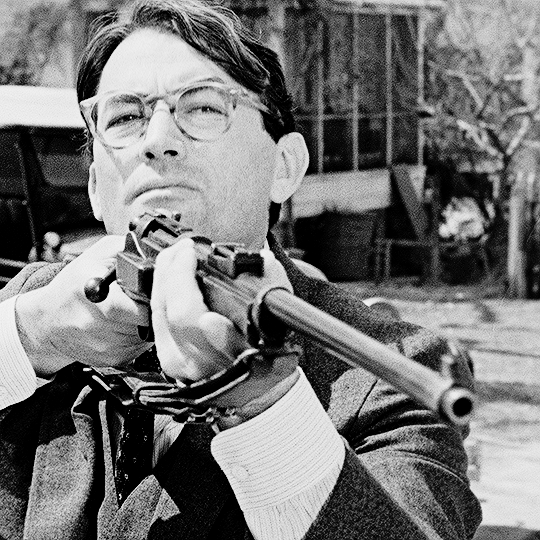
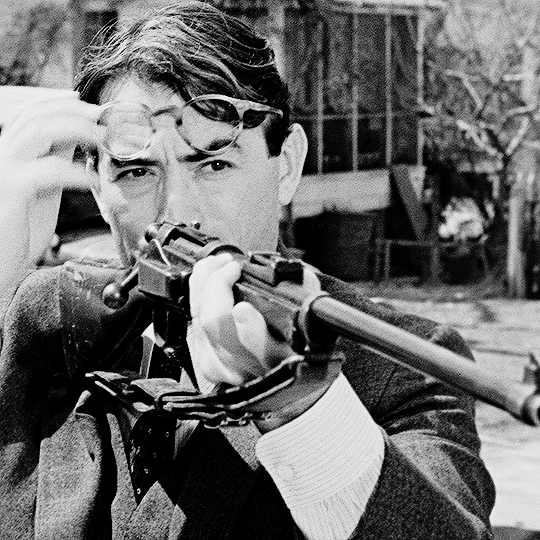


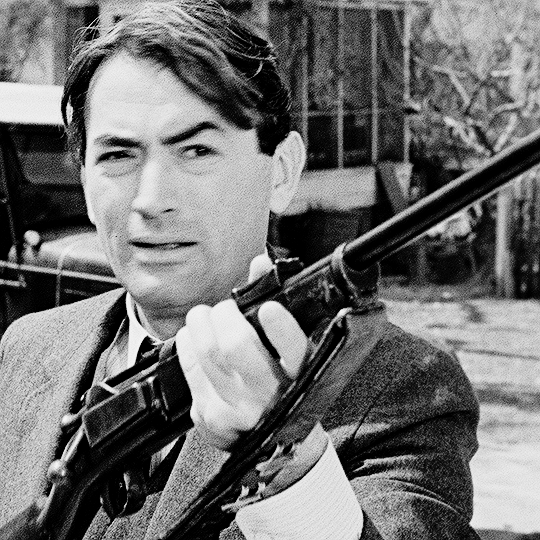
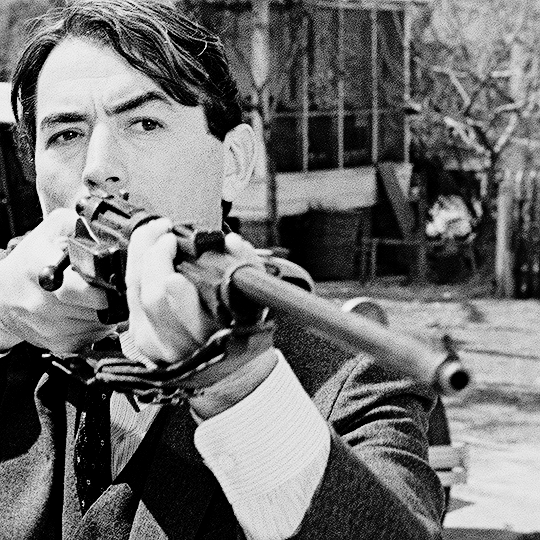
Gregory Peck as Atticus Finch
TO KILL A MOCKINGBIRD (1962)
#to kill a mockingbird#gregory peck#tkamedit#tkam#gregorypeckedit#gpeckedit#classicfilmblr#classicfilmedit#classicfilmsource#motionpicturesource#filmedit#filmgifs#dailyfilmsource#dailyflicks#adaptationsdaily#mine: gifs
698 notes
·
View notes
Note
The rapresentation of abusers in helluva boss is something that particularly frustrates me, Stella in particular, it seems to be done just to victimaze certain characters not to show the complex dynamics of those relationships. It seems to me the writers aren't mature enough to handle these topics properly.
Abuse: The Heart of Vivienne Medrano
Christmas 1962, a man renowned the western world over for his revolutionary approach to animation sat in a withering melancholy as he watched what could only be called a cinematic masterpiece based on a novel classic. Walt Disney, now in the twilight years of his life, saw the walls closing in and his legacy coming to a close. This man, who pioneered the animated feature film, saw his greatest accomplishment as his greatest obstacle. The man responsible for the tales brought to life of Cinderella, Snow White, Pinocchio, and Dumbo felt trapped in his achievement. “I wish,” Walt lamented, “I could make a picture like that.”
To Kill a Mockingbird was a piece that challenged its audience. The discussion of a white man defending a black man in southern America, decades before the civil rights movement. The movement that, at the time the movie hit cinemas, was in its infancy. Released during the height of the historically revisionist counter movement taking place to combat the rising push of African Americans towards their human rights. The last film Walt Disney ever saw the production of before his death in 1966 was The Jungle Book, a movie that was the epitome of “Safe” and a message that upheld the status quo of segregation.
It wasn’t until 1972 that the media of animation became raucously adult with those political and challenging concepts Disney felt were unattainable. Fritz the Cat was an X-rated animated film composed of vignettes that were unapologetically perverse, violent, and aggressively political. Critical of politicians and the police with a sympathetic if exploitative lens towards the LGBT and racial minority communities Brooklyn-based director Ralph Bakshi grew up around. Bakshi proved that animation was not strictly a child-friendly media and that adult animation could be financially and critically successful.
(For more on Ralph Bakshi's career and animation history)
If one has ever had the opportunity to listen to a Brad Bird (director of Ratatouille and The Incredibles) interview, it is clear to see that the success of Bakshi was generally quite limited. That animation is considered a genre and not a medium of art has resulted in animated films being knee-capped in the box office. There is far more potential to animation, highlighted by Howard Ashton in his collaboration with Disney studios during the Renaissance. Responsible for resurrecting the feature-length animated movie through The Little Mermaid and credited for the monumental success of Best Picture Award winner Beauty and the Beast, Ashton once said that the potential animation was ideal for musical theatre. The limitless possibilities given the medium gave the possibility of introducing Broadway to the common folk who didn’t live in New York and otherwise couldn’t afford the theater. He was quoted saying that live action musical films were “an exercise in stupidity,” highlighting the freedom that comes with a blank page.
However, the success of animation, and media in general, comes down to the message the media wishes to send. The reason the Disney Renaissance films have enjoyed their position as cornerstones of pop culture and creativity was because it did introduce the artform of musical theater into homes and made them readily accessible to everyone with an even heightened sense of fantasy that revitalized Walt’s ethos of making films for the child in everyone.
With Bakshi, it was the loud and violently political message of a revolution taking place. This continues in adult animation with the Simpsons, a series critical of hyper-capitalist America and the fallout of Reagan’s economic disaster that the effects of which are still being felt today and a satire of toxic masculinity and abusive family dynamics.
So, ultimately, the value of a piece of media is a cross between its social artistic influence and the message the creators are intending to make. While Medrano’s influence on the field of indie animation is often mischaracterized as a “pioneer”, the fact is that indie animation and pilots have existed and been funded before Spindlehorse existed. It is simply that Medrano has had the spotlight handed to her for the myth surrounding the production and subsequent success of his indie projects. Artistically, her influence can be summarized as a double-edged sword. For some, she is the motivation for inspiring artists to connect with the community to one day, hopefully, create their own work. On the other hand, she is the cautionary tale of why investing in an indie project is a financial risk for an audience member and a risk to the community as a whole that poses a real danger of making the indie sphere financially cannibalistic, as her public persona is off-putting to “normies” and her show is simply not good.
Much like Disney, the man in 1962, and Disney the company circa 2023, the revolution of animating "because you can" loses its luster very quickly. Without something profound to say, an entire company, regardless of its social influence, can fade into irrelevance despite still being "successful". The story of Disney is a cautionary tale for Indie animation as a whole and Spindlehorse in specific.
And that is the other axis on this chart. Her narrative lacks a message worth telling, and that’s very much due to her not having anything worthwhile to say.
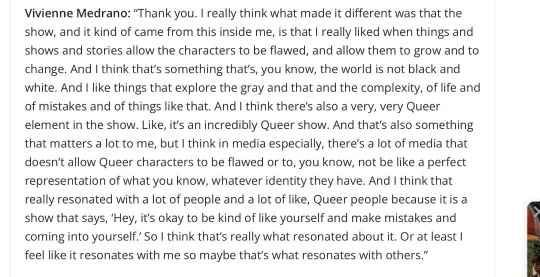
“I really liked when things and shows and stories allow the characters to be flawed, and allow them to grow and to change. And I think that’s something that’s, you know, the world is not black and white. And I like things that explore the gray and that and the complexity, of life and mistakes and of things like that.” - Vivienne Medrano
It is not for want of mockery that I carefully transcribe Medrano’s words in her interview. To read the words aloud tells the story just as clearly as I have set out to do here. This is someone who is highly inspired by better media, who has ideas and a belief that she has something to say. But that is where the belief ends. There is no conclusion to that thought any more than there is one in the unfocused and run-on sentences she rambles along throughout the interview. She talks of “Things” without clarity, because she herself is a fundamentally incurious individual who has never once spent the time critically analyzing herself, let alone the work of others to better grasp what about it resonated with her. She merely consumes art insatiably and without any substance. Like a diet of fruit, it has a superficial veneer of positive value. Fruit would be considered healthy as it is “natural”. However, it is the nutritional equivalent of candy, lacking vital components that are necessary to sustain basic life, it is pure sugar. Her work, similarly, lacks any value of depth that would qualify as meaning.
Which comes back to what the message is in her work.
When it comes to others in the field of indie animation, Medrano does not have many friends. In response to the Lackadaisy situation, creator Tracy explained why she returned Medrano’s donation. For one, the donation was not Medrano’s money, but money she crowd sourced from her employees. While the $5k for the producer spot of the fundraiser would have not been a dent in her personal wallet, Medrano is so uninterested in supporting fellow creators while presenting an impression of camaraderie that she instead took money from the people she is in charge of the paychecks for to get her name in the credits of another creator’s work. In regards to why Medrano was declined her support, it was due to numerous individuals who had such an awful experience working for Medrano that they did not want her involvement associated with the project to any extent. When the money was returned, she made the situation extremely public and encouraged harassment by liking tweets attacking Tracy and the Iron Circus team.
A well-known member of Medrano’s crew, Hunter B, was leaked speaking crassly of other animation projects that were still in the process of production, met with support from other members in the discord. One of these creators being Ashley Nicoles from Far-Fetched. A former friend and creative partner on the Hazbin Pilot whose podcast streams featuring Edward Bosco and Michael Kovach single-handedly maintained interest in the show until the winter of 2021, free of charge. Ashley once spoke of how Medrano would speak disparagingly of an employee to her, saying that this individual was “Too unstable to work with”. Which, regardless of whether or not that is Medrano’s honest opinion, counts as defamation by an employer. It is the exact reason why most previous employers will not give a negative, detailed review of a former employee, maintaining instead to verify facts of the employment. If Erin Frost was more experienced and less involved in social media exposed culture, they could have easily sued Medrano and Spindlehorse for damaging their reputation in their field of employment.
Which circles back to Medrano’s self-assigned message of her show:
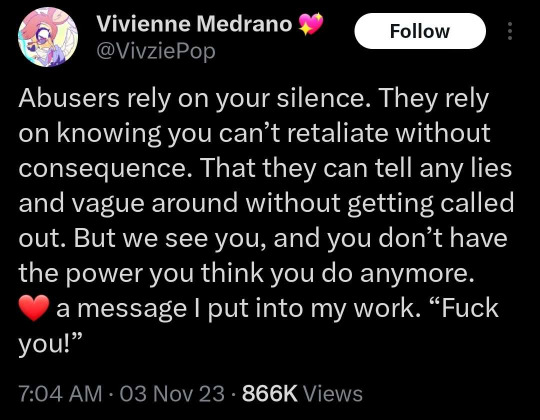
“Abusers rely on your silence. They rely on knowing you can’t retaliate without consequence. That they can tell any lies and vague around without getting called out. But we see you, and you don’t have the power you think you do anymore. A message I put into my work. “Fuck you!” - Vivienne Medrano
Medrano, who has vague and sub tweeted individuals like Lackadaisy Tracy, The Diregentlemen, Michael Kovach, and Ashley Nicoles. Medrano who has instigated and incited harassment campaigns knowing that no one can call her out without severe and relentless backlash from her cultish fanbase that she personally encourages through positive reinforcement of liking the tweets of fans. Medrano who relies on the silence of other creators in the field due to the fear of her ire collapsing their projects before they even have a chance to begin.
Vivienne Medrano with an extensive abusive history that continues to this day, has something to say about abuse.
What Medrano has to say about abuse comes from someone who has the position of superiority in all of her relationships, but feels like she’s the outcast and bullied loser. Her self insert that is repeatedly expressed in every character at one point or another is how easily they abuse those around them just because they can, but that the narrative justifies their “acting out” because they are sad. According to the National Coalition Against Domestic Violence, “An abuser externalizes the causes of their behavior. They blame their violence on circumstances.”
Indeed, the lists of abusive characteristics and traits, according to the National Coalition Against Domestic Violence, overwhelmingly encompasses the characteristics shown by characters like Loona, Blitz and Stolas that Medrano repeatedly has attempted to rationalize, justify and minimize. Which, “An abuser often denies the existence or minimizes the seriousness of the violence [including emotional and mental abuse] and its effect on the victim and other family members.”
It is not surprising, then, that the conversation of abuse in Helluva Boss is often infuriating. The narrative underplays the harm done by characters we are supposed to see as “good”. Not allowing for them to grow or change, but ignoring and minimizing the behavior, justifying it through circumstances and perpetuating the false belief that victims are not, themselves, abusers.
One of the first blog post rants I ever made about mental health and abuse was the affirmation that not all victims of abuse are survivors. I wholly stand by that. Victims of abuse perpetuate abuse. A victim and an abuser are one in the same, whereas a survivor is someone who has actually done the difficult work of being self-critical. And the one thing we all are very aware of is how much Vivienne Medrano rejects criticism.
#helluva boss critical#helluva boss criticism#helluva boss critique#vivienne medrano#vivziepop#vivziepop critical#spindlehorse critical#spindlehorse criticism#vivziepop criticism#helluva boss#perpetuating abuse#narcissistic abuse#abuse breeds abuse#essay writing
221 notes
·
View notes
Text
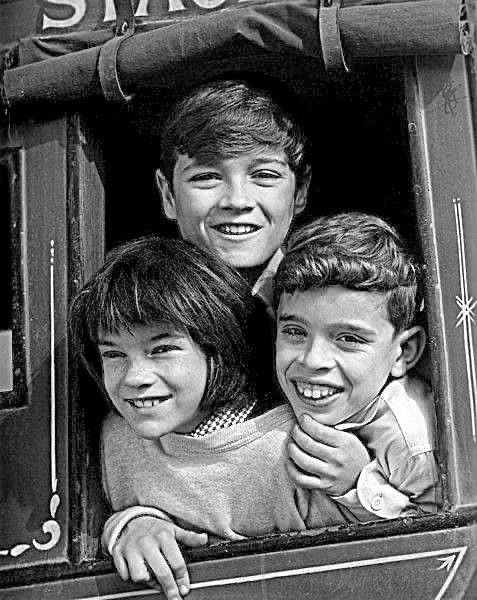
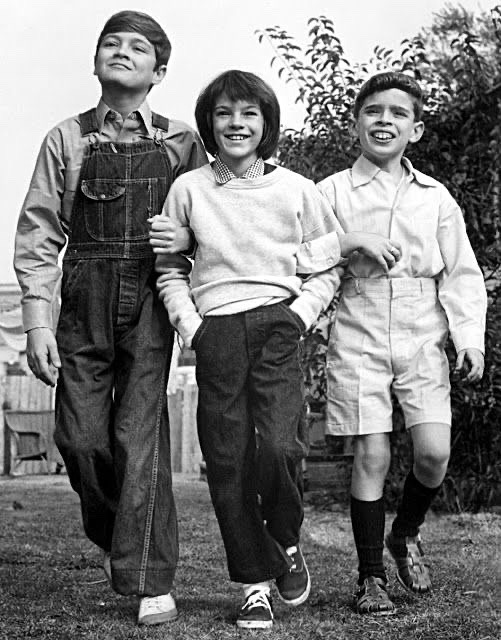
20 notes
·
View notes